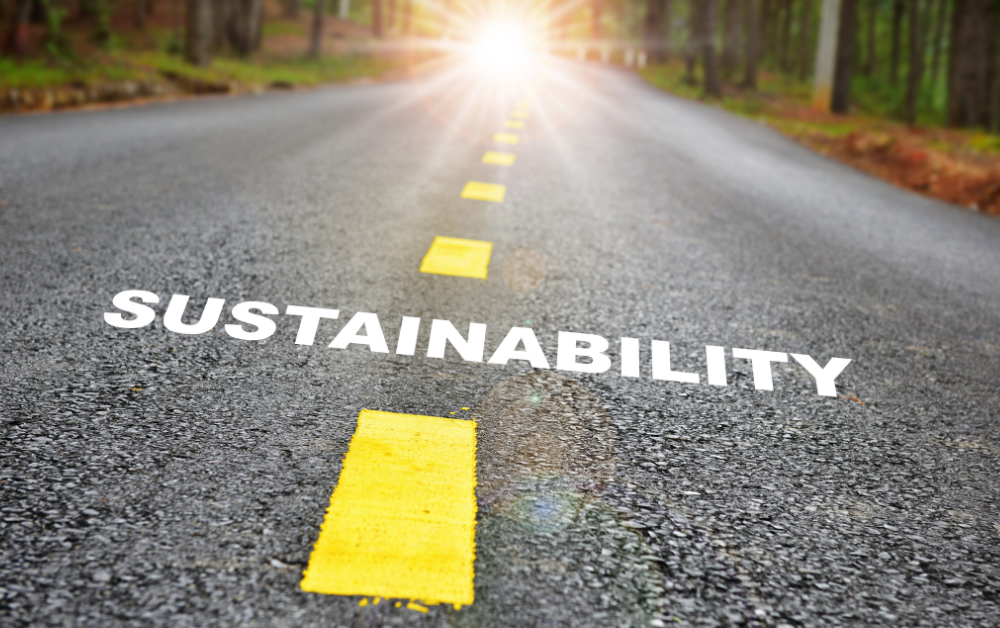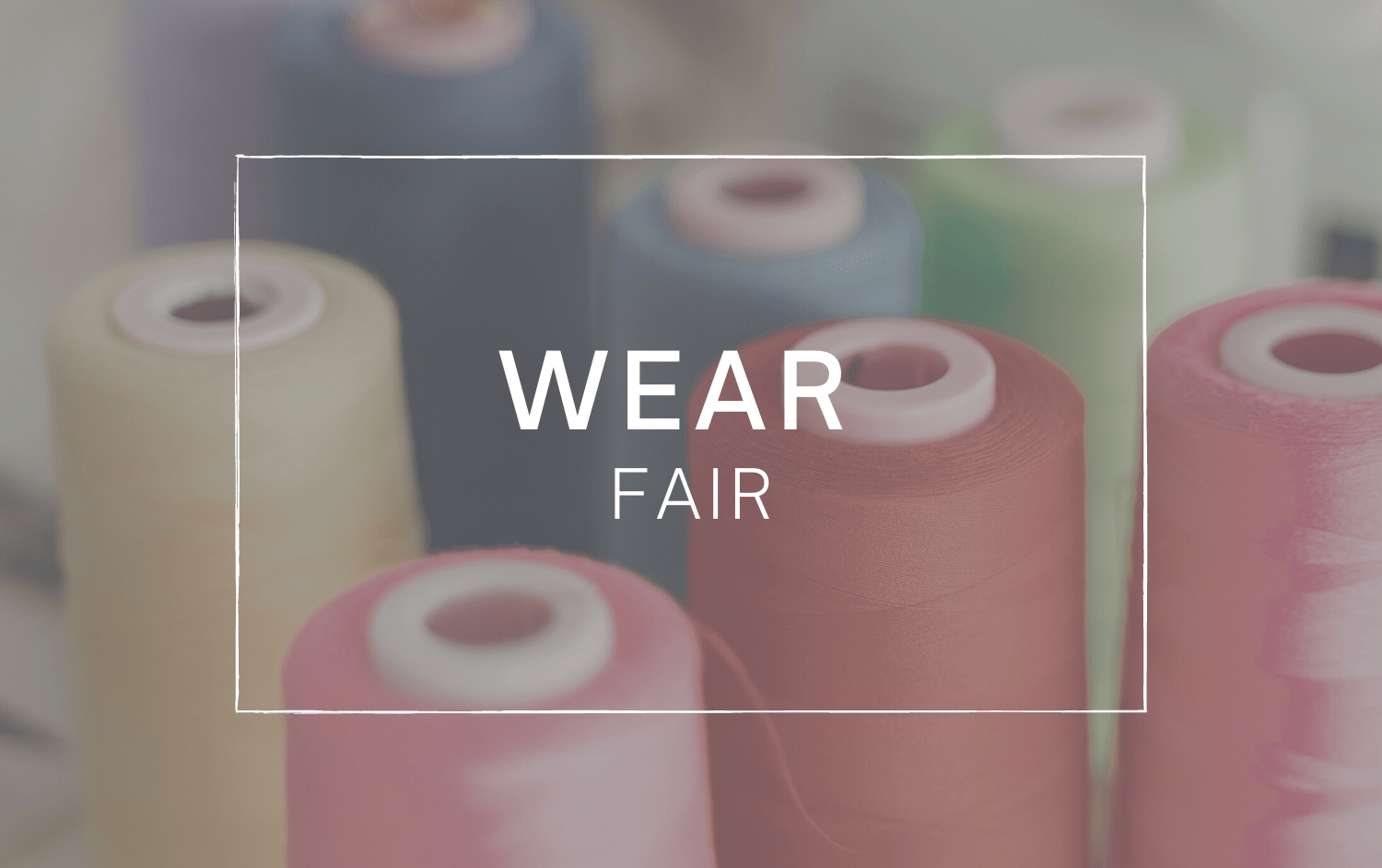The Roadmap to 2030: Fashion Initiatives
by ajones | Oct 26, 2022 | Next-gen materials, Fashion, Sustainability | No Comments

Sourcing Journal’s 2022 Sourcing Report is entitled “The Road to 2030.” This title comes from the United Nations’ 2030 Agenda for Sustainable Development, an action plan of 17 sustainable development goals, released in 2015. At the halfway point, Sourcing Journal wanted to review the obstacles and opportunities thus far.
Some of these goals include:
- Decent work and economic growth
- Industry, innovation, and infrastructure
- Sustainable cities and communities
- Responsible production and consumption
- Climate action
- Life below water
- Life on land
Fashion initiatives
To support these goals in the fashion industry, climate action NGO WRAP (Waste and Resources Action Programme) has created Textiles 2030, an initiative to accelerate sustainability in the fashion and textiles industry (WRAP, 2021). The voluntary agreement of signatories has set targets for 2030 that include:
- Reduce overall carbon footprint of products and services by 50%
- Reduce overall water footprint of new products by 30%
Nonprofit Textile Exchange, which is made up of more than 750 members from over 50 countries, has set a goal to help the industry reach a 45% reduction in greenhouse gas emissions that result from producing fibers and raw materials by 2030 (Textile Exchange, 2022). These are just some of the initiatives working to progress down the road to 2030.
Materials innovation
The industry continues to make strides in materials innovation. Using various biomimicry approaches, companies are developing high-performance, sustainable, animal-free materials that look and perform like leather, wool, silk, down, fur, and exotic skins. There are collaborations in this area between companies such as Adidas and Bolt Threads, Nike and Piñatex, Gucci and Demetra, and H&M and Pangaia (Sourcing Journal, 2022).
Technology
New technologies continue to be developed, improving many parts of the design, production, and retail process. Those that are technically feasible, cost effective, and deliver important benefits will continue to gain support. From color matching to foam dying, water savings to new fibers, the opportunities are endless (Sourcing Journal, 2022).
Circularity
Many companies are launching circularity initiatives. Sourcing Journal’s 2022 report highlights the circularity efforts of companies including Reformation, Inditex, Coach, Recover, Ralph Lauren, and Neiman Marcus. As brands collaborate in these efforts, they will make even more progress. A recent report from Global Fashion Agenda shared that the industry could be 80% sustainable by 2030 if it increases investment in recycling technologies and infrastructures that already exist (Fraser, 2022).
Transparency/traceability
Transparency and traceability have grown in importance to consumers and therefore brands. Beyond providing eco-labels, often through QR codes, companies are working on even more-detailed technologies. For example, Reformation has adopted FibreTrace, which embeds scannable pigments into denim. This allows consumers to track the product farm through all stages, from cotton farm to the final step (Sourcing Journal, 2022).
Looking forward
The 2030 agenda is a motivating and uniting factor for many industries. The emerging and growing initiatives will transform the textile industry for consumers globally.
References
Fraser, K. (2022, May 9). The fashion industry could become 80 per cent circular by 2030. Fashion United. https://fashionunited.com/news/fashion/the-fashion-industry-could-become-80-per-cent-circular-by-2030/2022050947486
Sourcing Journal. (2022). 2022 Sustainability Report: The Road to 2030. https://issuu.com/sourcingjournalevents/docs/2022sustainabilityreport
Textile Exchange. (2022). Textile Exchange 2030 Strategy: Climate+. https://textileexchange.org/about-us/climate/
WRAP. (n.d.) Textiles 2030. https://wrap.org.uk/taking-action/textiles/initiatives/textiles-2030
WRAP. (2021, April). Textiles 2030 roadmap. https://ukft.s3.eu-west-1.amazonaws.com/wp-content/uploads/2021/04/26184406/Textiles-2030-Circularity-Roadmap.pdf

Fair Trade in Fashion: Fair for all in the Industry
In today’s global world, trade influences the production of most goods and services in one way or...

Textile Industry Celebrates Earth Day
Earth Day was initially celebrated by the United States on April 22, 1970, to raise awareness of...

The importance of transparency and traceability
Many consumers are aware of the term sustainability, let alone numerous related terms like...
